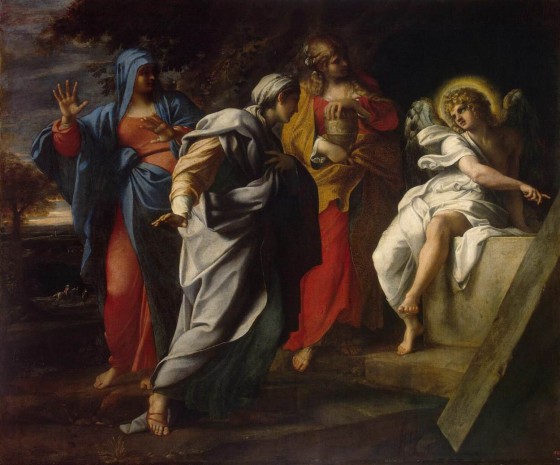The Secret and Christian Theology

What happened to the author of The Secret? Twenty years after the book The Secret made her wealthy beyond imagination, Melbourne’s Rhonda Byrne breaks twenty years of silence with her controversial new wealth guide. But what was the secret all about? Does the Bible support this? Is this New Age teaching? Today, I want to compare the contents of the secret with theology. This is not a personal attack or vilification. This essay is a comparison of contents. The Secret and Christian Theology -Comparison & Critique 1. View of Reality The Secret: Reality is governed by an impersonal Law of Attraction . The universe responds mechanically to thoughts and emotions. Christian Theology: Reality is governed by a personal, sovereign God (Ps 115:3; Dan 4:35). God acts according to wisdom, love, justice, and redemptive purpose—not human mental states. Key Difference: Impersonal force vs. personal God. 2. Source of Power The Secret: Power ...




